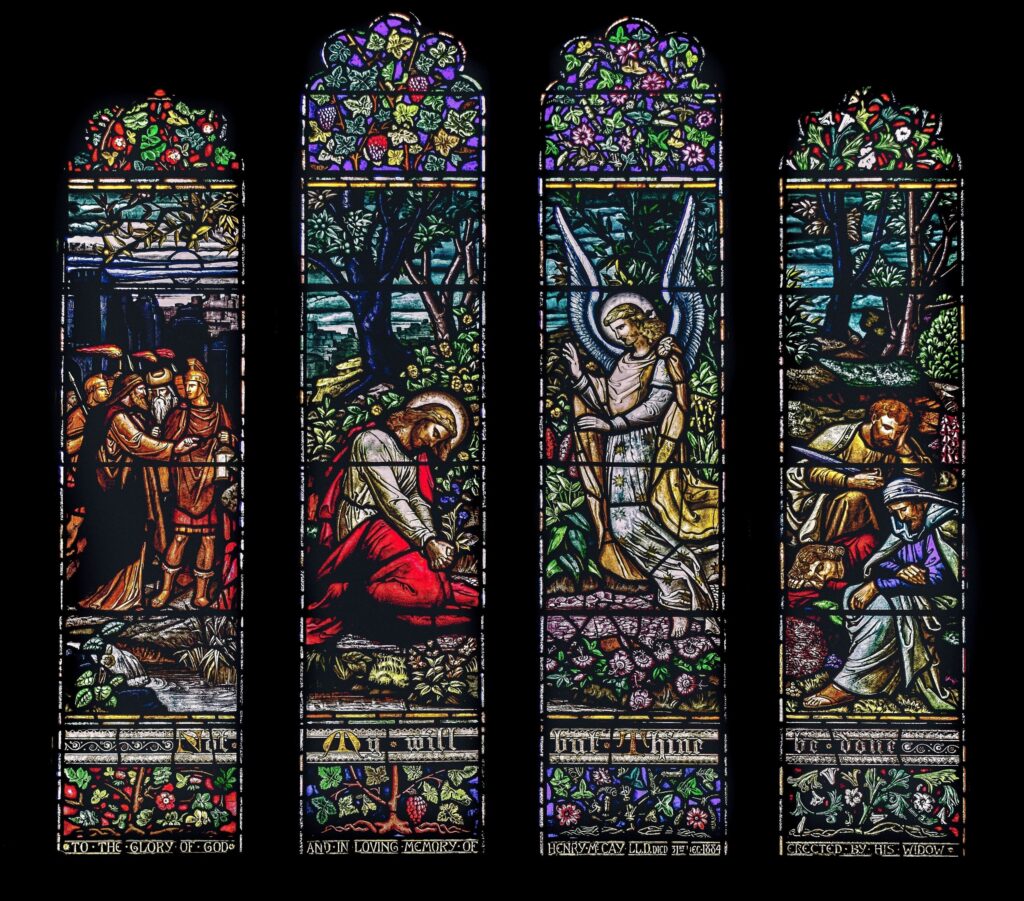
How can there be an all-loving and an all-powerful God if there is so much suffering and evil in our world? Christians believe that what is ultimately at stake is human freedom and God’s respect for it. God gives us freedom and (unlike most everyone else) refuses to violate it, even when it would seem beneficial to do so. That leaves us in a lot of pain at times, but, as Jesus reveals, God is not so much a rescuing God as a redeeming one. God does not protect us from pain, but instead enters it and ultimately redeems it.
The sisters of Lazarus, Martha and Mary, send a message to Jesus telling him that “the man you love” is gravely ill. Curiously though Jesus does not immediately rush off to see Lazarus. Instead he stays where he is for two more days, until Lazarus is dead, and then sets off to see him. When he arrives near the house, he is met by Martha who says to him: “If you had been here, my brother would not have died!” Basically her question is: “Where were you? Why didn’t you come and heal him?” Jesus does not answer her question but instead assures her that Lazarus will live in some deeper way.
Jesus does not engage the question in theory; instead he becomes distressed and asks: “Where have you put him?” And when they offer to show him, he begins to weep. His answer to suffering: He enters into peoples’ helplessness and pain. Afterwards, he raises Lazarus from the dead. And what we see here will occur in the same way between Jesus and his Father. The Father does not save Jesus from death on the cross even when he is jeered and mocked there. Instead the Father allows him to die on the cross and then raises him up afterwards.
God’s seeming indifference to suffering is not so much a mystery that leaves the mind befuddled as a mystery that makes sense only if you give yourself over in a certain level of trust. Forgiveness and faith work the same. You have to roll the dice in trust. Nothing else can give you an answer. Sometimes the only answer to the question of suffering and evil is the one Jesus gave to Mary and Martha – shared helplessness, shared distress, and shared tears, with no attempt to try to explain God’s seeming absence, but rather a trusting that, because God is all-loving and all-powerful, in the end all will be well and our pain will someday be redeemed in God’s embrace.
